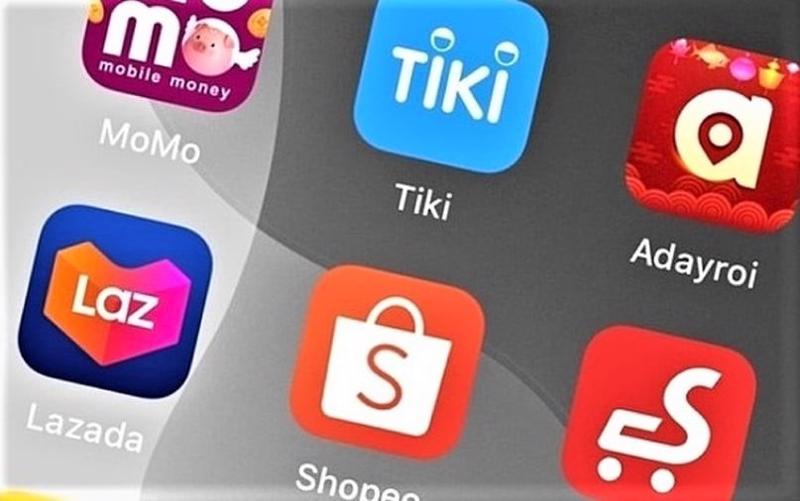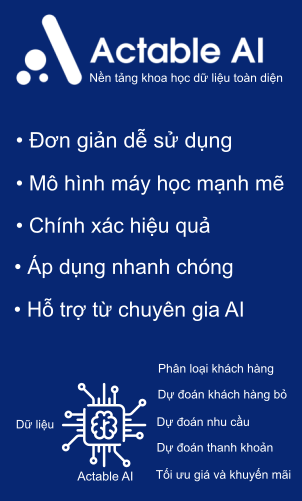E-commerce keeps booming in Vietnam
A stellar first quarter hints at even bigger things to come

Vietnam's e-commerce market shows no sign of cooling down in 2024. According to the e-commerce data platform Metric, total sales on the country's five largest online retail platforms—Shopee, Lazada, Tiki, Sendo and TikTok Shop—are forecast to reach $3.33bn in the second quarter, up 19.2% from the first three months of the year.
That would equate to a staggering 78% year-on-year increase compared with the second quarter of 2023. The market's peak season is only just starting.
Firing on all cylinders
The sector's performance so far this year has exceeded expectations. In the first quarter, the quintet of e-commerce behemoths racked up sales of $2.79bn, a 78.7% jump from a year earlier. Analysts had predicted full-year growth of just 35% for 2024.
Consumer appetite has surged since the covid-19 crisis. Some 766 m products were purchased online in the first three months, an eye-popping 83.2% increase on the same period of 2023.
The number of vendor accounts generating orders rose by 9% year-on-year, to 511,000. Furthermore, the number of new product listings expanded by 10%, reversing a contraction seen in previous quarters.
A metamorphosis in shopping habits
The data point to a profound shift in Vietnamese consumer habits. Although the capital, Hanoi, and Ho Chi Minh City remain the biggest e-commerce markets, together accounting for over 70% of sales, other provinces are catching up fast. Hanoi's first-quarter sales reached $783m (up 77% year-on-year) while Ho Chi Minh City weighed in at $549m (up 65%).
But the localities that notched the highest year-on-year sales growth were Quang Ninh (up 607%), Bac Ninh (185%), Binh Duong (117%) and Hai Duong (103%). Tellingly, these provinces all host industrial parks or border-trade zones.
Rural businesses' share of e-commerce sales and shipments has surpassed 50% growth, showing that online shopping is rapidly going mainstream across Vietnam.

A broad-based boom
The rapid adoption of digital retail spans both big cities and small towns. It also cuts across product categories. Although beauty items retained their lead, raking in $440m in the first quarter (up 63% year-on-year), other verticals are closing the gap.
Women's fashion revenues jumped by 94% compared with a year earlier, to $375m. And "home & living" merchandise, boosted by strong sales of electrical appliances such as robot vacuum cleaners and projectors, raked in $358m (up 79%).
This frenetic growth has defied economic headwinds. According to estimates from the e-commerce association VECOM, online retail sales are expected to surge to around $17.3bn in 2023, making up roughly 8.8% of Vietnam's total retail sales of goods.
E-commerce as a whole is projected to expand by over 25% compared with 2022, reaching $25bn or around 10% of overall retail revenues. That far outpaces Vietnam's GDP growth of 5.05% for 2023.
Financial powerhouse HSBC predicted in a recent report that Vietnam would maintain its rapid pace of digital development until at least 2025.
It noted that 60% of firms operating in the country plan to invest in technologies including digital payments, e-commerce and artificial intelligence, betting that doing so will boost their revenues and cut costs.
Cash is no longer king
One proof of Vietnam's digital maturation is the shift away from cash payments.
According to VECOM estimates, non-cash transactions are projected to surge by 50% in 2023 compared with 2022, hitting 11bn transactions. Internet payments climbed by 56% in volume terms and 5.8% in value, to nearly 2bn transactions.
Mobile payments are tipped to jump by 67% in volume and 12% in value, approaching 7bn transactions. QR-code payments are forecast to almost triple in number to 183m, expanding by 74% in value and 172% in volume.
Vietnam's consumers are embracing these new payment methods for their convenience and ability to help track spending. "Along with the development of e-commerce, online payment has also become easy," says Do Bich, a regular online shopper in Hanoi. "It helps consumers save time and manage spending more easily."
The upstarts unseating old leaders
The unbridled growth has reshuffled the hierarchy among Vietnam's e-commerce platforms. The latest data from YouNet ECI, an e-commerce consultancy, show that Shopee remains the domestic market leader with a 67.9% share of gross merchandise value (GMV) in the first quarter, racking up sales of $2.1bn.
But TikTok Shop has leapfrogged into second place, accounting for 23.2% of GMV as customers flocked to it during the Chinese new year shopping season. It notched up sales of $725m in the first three months, over three times as much as Lazada, which took 7.6% of the market with $237m in revenues. Tiki, the former number two, slipped to fourth place with just $40m in sales, a 1.3% market share.
Vietnam's e-commerce industry overall is projected to peak at $16.8bn in GMV by 2025. But nearly half that sum—$8.1bn—is expected to come from "shoppertainment", the blending of e-commerce with entertainment and live-streamed influencer marketing.
Challenges ahead
Still, as Vietnamese shoppers embrace the online realm, e-commerce firms face rising competition from foreign players as well as potential disruptions to supply chains caused by geopolitical volatility.
Changing policies by the big platforms, aimed at putting customers first, are also shaking up the competitive landscape. To thrive in this dynamic market, incumbents will need to keep a sharp eye on costs, invest in digital services and gather real-time intelligence to guide product selection and logistics.
"Therefore, thoroughly researching the market, choosing products and e-commerce platforms for business, and devising an effective strategy based on real data and analysis is considered to be the right direction for sellers in the current period," says Sales Director of Metric Pham Bao Trung.
The country's digital economy is developing at a blistering pace, notes HSBC, which expects Vietnam to have 67.3m smartphone users by 2026, equal to 96.9% of its internet population. As consumers' purchasing habits shift irreversibly online, only the nimblest and most innovative e-tailers will survive and prosper.
With its short delivery times, low fees, throngs of social media influencers and voracious shoppers, Vietnam will remain one of the world's most enticing e-commerce battlegrounds.



















